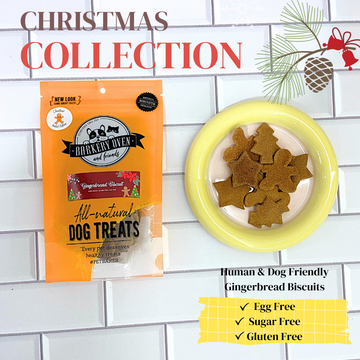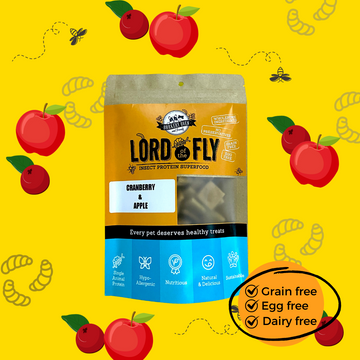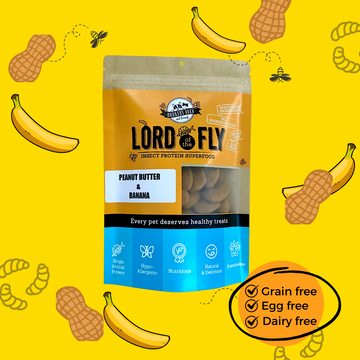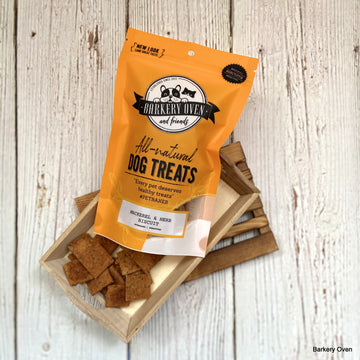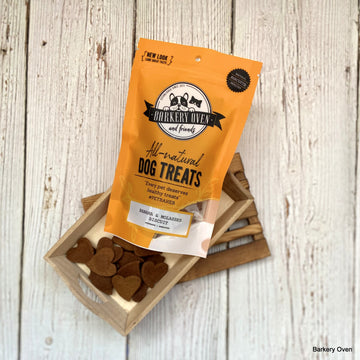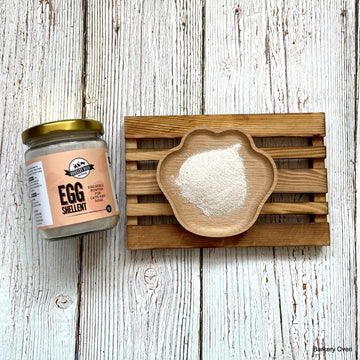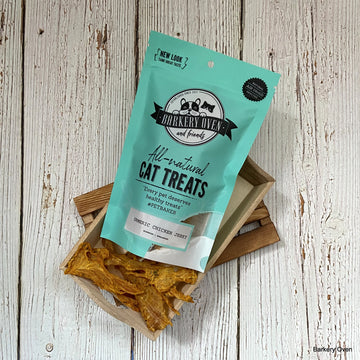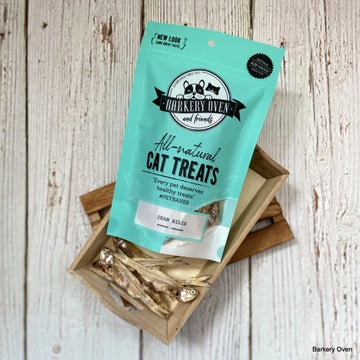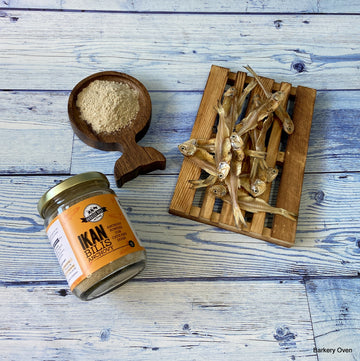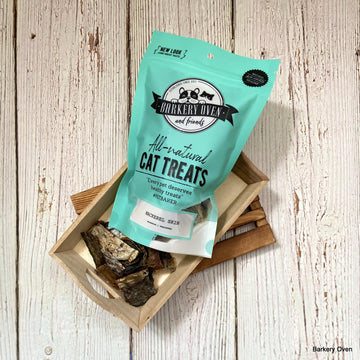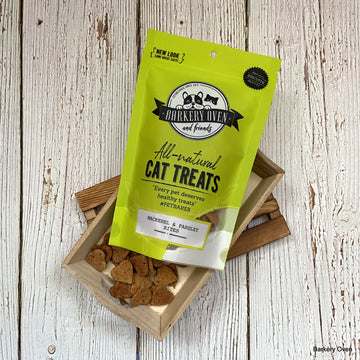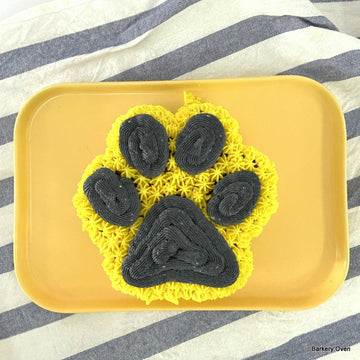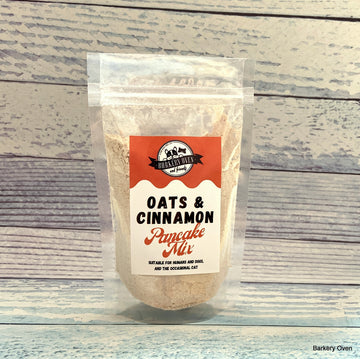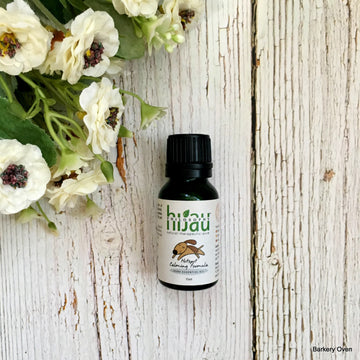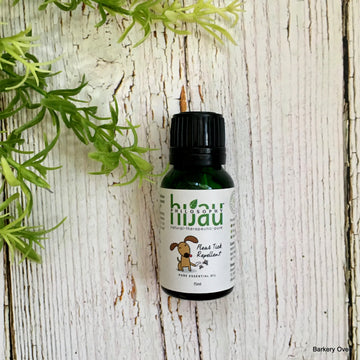It is not just fruits and vegetables that are the only beneficial food to your dog’s overall health and wellbeing. There are some herbs and spices that are both safe and beneficial for your canine companion too.
Learn how to ‘spice’ things up by adding these seven common herbs and spices into your dog’s diet.
1. Basil

Basil contains many vitamins and minerals as well as antioxidants that are highly beneficial for dogs. At the same time, it has antiviral, antifungal, antimicrobial and relaxing properties. By adding basil into your dog’s meals, it may help to prevent certain diseases, lift the dog’s mood and promote overall better health.
How to include basil into your dog’s diet: Add either fresh or dry basil regularly with your dog food.
2. Parsley

Parsley is another herb that is filled with antioxidants, fiber, vitamins and minerals that will benefit your dog’s overall health and well-being. It is known to enhance organ functioning, improve your dog’s breath as well as flush toxins out.
How to include parsley into your dog’s diet: Mix fresh parsley to get the most benefits into your dog’s meal. However, dry parsley is doable as well.
3. Rosemary

Rosemary has plenty of vitamin B6, iron, and calcium making it an essential herb for a balanced diet for both humans as well as for dogs. It is also known that rosemary has antioxidants that can be good for brain health.
How to include rosemary into your dog’s diet: Add fresh or dry rosemary into your dog’s food.
4. Coriander
 This might come as a surprise to most of you who dislike the taste of coriander, but dogs do love them! Hence, it is great to include this herb into their diet as it contains a lot of health benefits including antibacterial, antibiotic, antifungal, antioxidant, and even anti-cancer properties. At the same time, it aids with calcium absorption and stabilises blood sugar levels.
This might come as a surprise to most of you who dislike the taste of coriander, but dogs do love them! Hence, it is great to include this herb into their diet as it contains a lot of health benefits including antibacterial, antibiotic, antifungal, antioxidant, and even anti-cancer properties. At the same time, it aids with calcium absorption and stabilises blood sugar levels.
How to include coriander into your dog’s diet: Either sprinkle ground coriander or chopped fresh coriander leaves on their food. Both ground seeds and coriander roots are safe to be consumed by your dog.
5. Turmeric

Widely known among pet owners for its ability to ease and soothe arthritis in dogs. At the same time, it may help as early prevention of arthritis. Additionally, it has anti-inflammatory property that is highly beneficial to be included in your dog’s diet. This spice helps to detoxify, aid blood purification and prevent stomach pain and diarrhea.
How to add turmeric into your dog’s diet: Mix 5 to 10 mg per pound of your dog’s body weight into their food daily. Do take note that too much turmeric is bad for the digestive system, and if you suspect your dog has ingested too much, contact your vet immediately.
6. Cinnamon

It has been a common belief that cinnamon is toxic to dogs, however, the latest studies have shown that cinnamon is not as harmful to them as long as the right amount is given. Cinnamon has high anti-inflammatory and antioxidant properties, and it also helps to fight bad breath and may even prevent diabetes and sepsis.
How to add cinnamon into your dog’s diet: Give no more than a quarter of a teaspoon of ground cinnamon per day, especially if your dog is a small breed.
7. Ginger

Similarly, like cinnamon and turmeric, ginger is safe for your dog to eat in small doses. It is high in antioxidants which can help dogs with motion sickness, increase blood circulation, cure nausea, gastrointestinal problems, and bloat. In addition, ginger has anti-inflammatory properties as well as helps dogs suffering from arthritis.
How to add ginger into your dog’s diet: Give your dog no more than 1 teaspoon of chopped or sliced ginger. Too much ginger will cause your dog to become gassy, nauseous, or even have heartburn. You may use a small amount of ground ginger and sprinkle it on top of their food.
Having said that, if you are still unsure of how to include these herbs and spices into your dog’s diet, you can check out our dog’s treat range where we incorporate these herbs and spices in them here.
Meanwhile, do also check the below list of herbs and spices that you SHOULD AVOID giving your dogs:
1. Cocoa
2. Mace/Nutmeg
3. Paprika
4. Table salt
5. Onion/Chive

